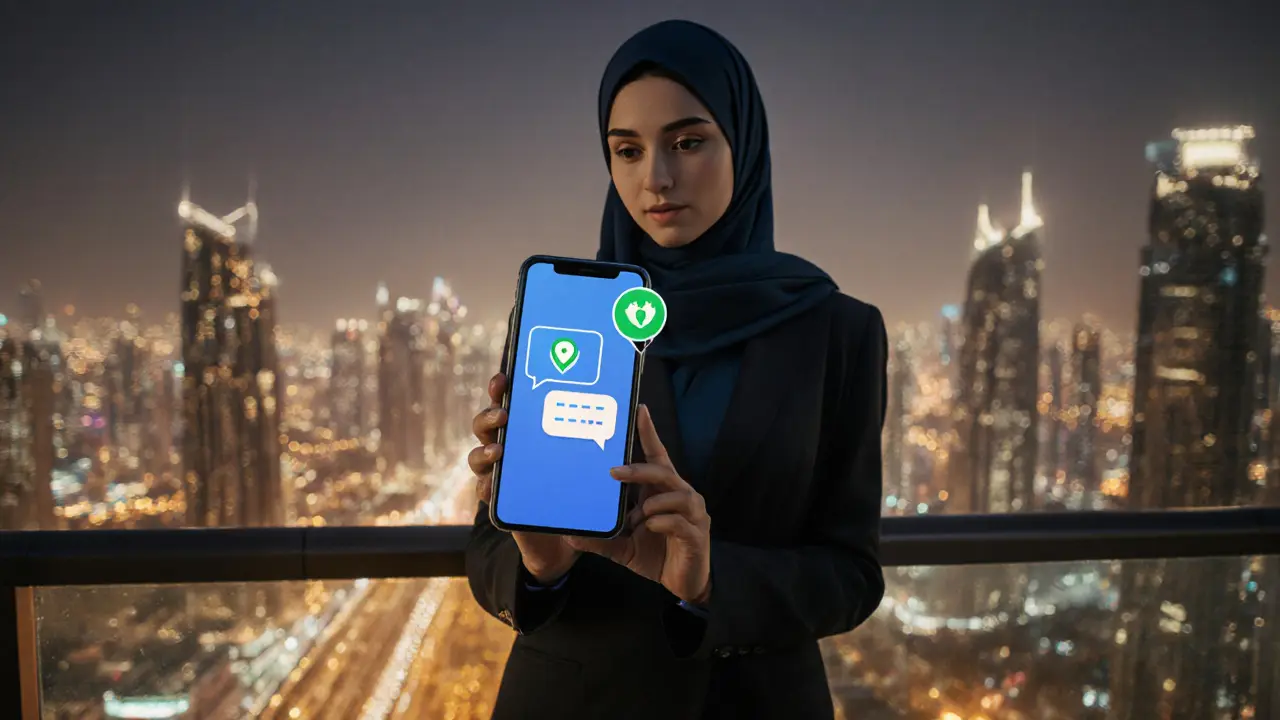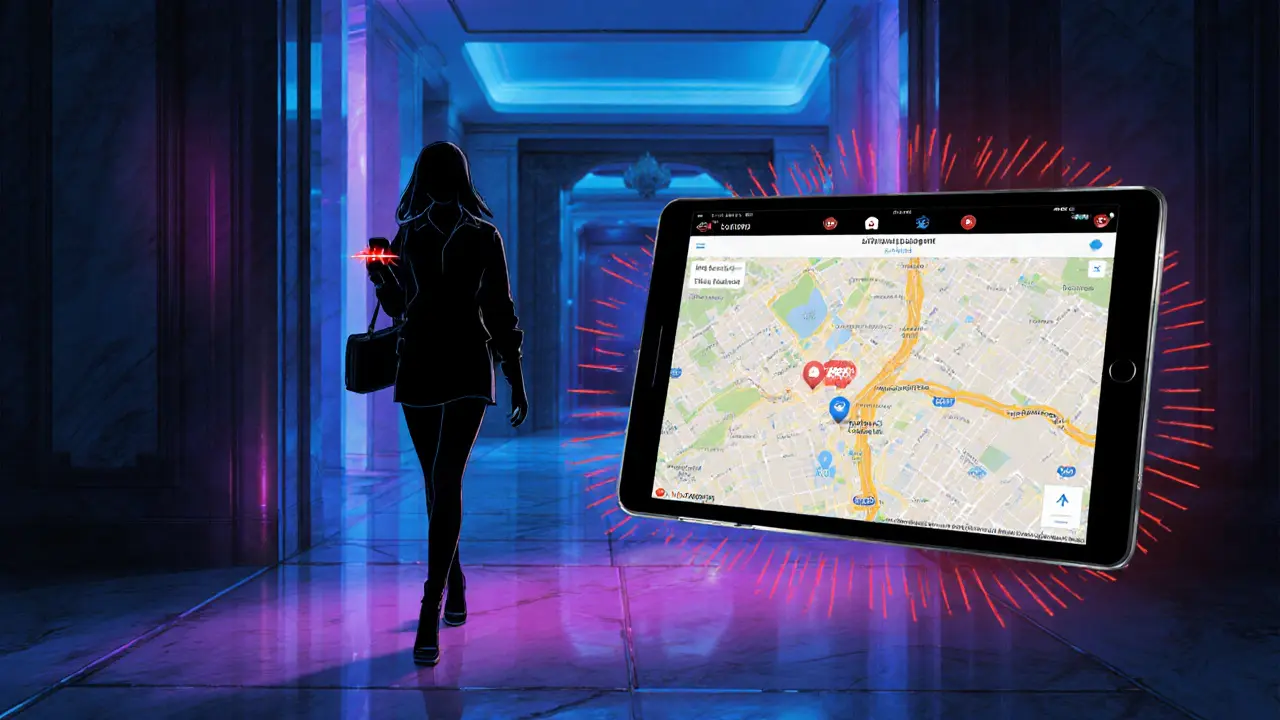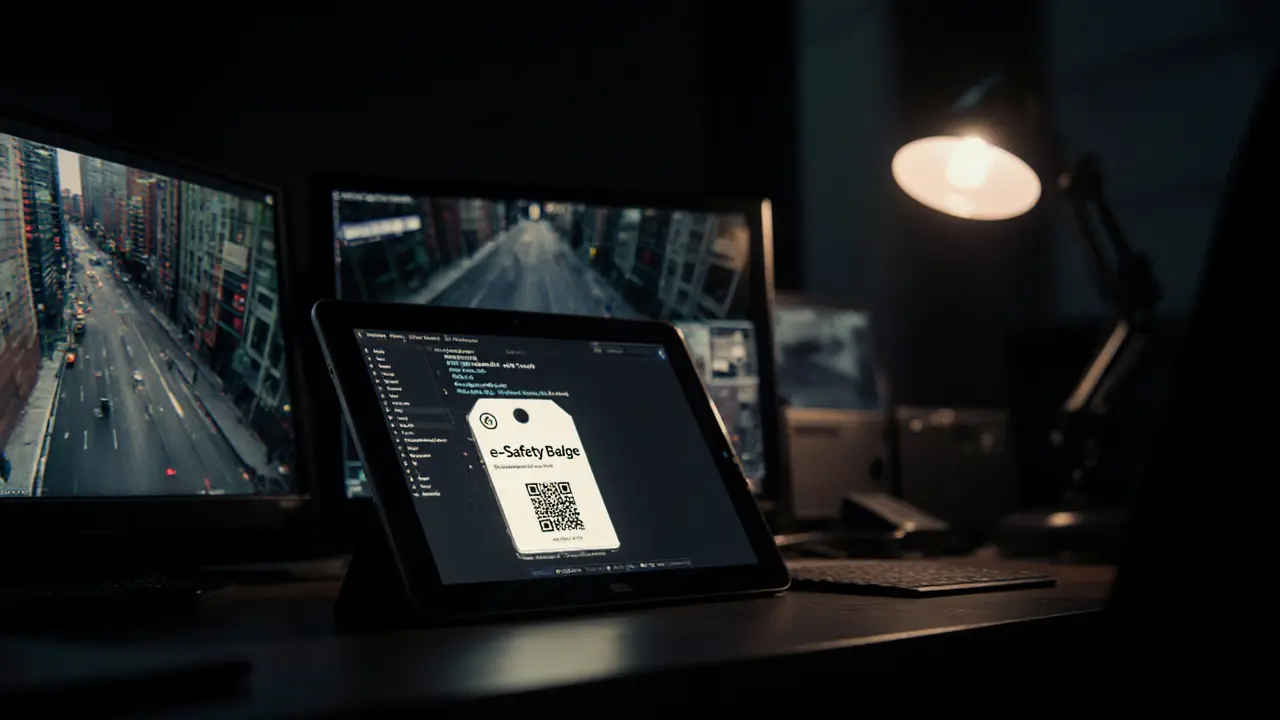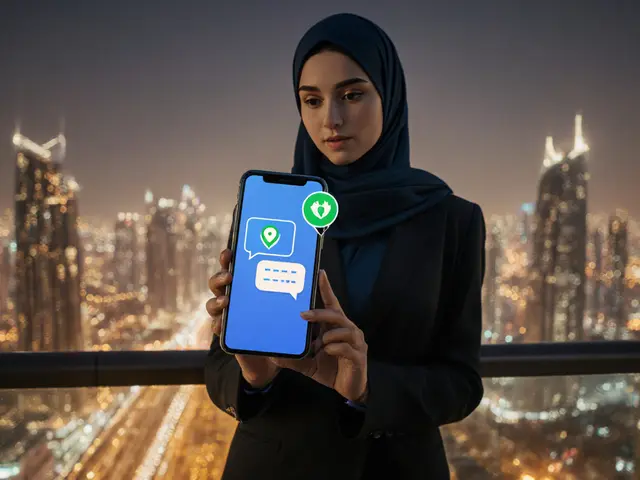- Home
- Adult Entertainment
- How Technology Boosts Call Girl Safety in Dubai

How Technology Boosts Call Girl Safety in Dubai
Key Takeaways
- Smartphone apps, GPS tracking, and encrypted messaging have become essential safety tools for escort workers in Dubai.
- Dubai’s e‑Safety Initiative partners with tech firms to offer real‑time alerts and verification services.
- Digital verification platforms reduce client fraud by up to 70% according to local industry reports.
- Combining tech with traditional precautions (e.g., safe‑house checks) creates a layered protection strategy.
- Understanding the local legal framework helps workers use technology without attracting unwanted attention.
Direct Answer
Technology has turned the safety landscape for call girls in Dubai upside down: GPS‑enabled apps, encrypted chats, and instant‑alert services now let workers spot danger before it happens, verify clients on the fly, and call for help with a single tap.
Overview of Technology’s Impact on Safety
Technology‑enhanced safety for call girls in Dubai is a set of digital tools and platforms designed to protect sex workers from physical, financial, and legal risks while they operate in the city’s high‑end escort market. It combines real‑time location data, secure communication, and automated verification to create a safety net that didn’t exist a decade ago.
When you ask, “Why does this matter?” think about the unique mix of a booming luxury tourism sector, strict local laws, and a client base that expects discretion. In that environment, a missed warning can mean a lost reputation-or worse.
Core Technologies Used by Escorts in Dubai
- Encrypted messaging apps (e.g., Signal, WhatsApp Business) let workers chat without leaving readable logs. End‑to‑end encryption means even network providers can’t read the content.
- GPS‑based safety apps such as Noonlight or SafeWalk provide a live‑share button that sends a worker’s exact coordinates to a trusted contact or emergency services.
- Digital verification platforms (e.g., VerifSex, SwipeSecure) cross‑check client IDs, payment histories, and social‑media footprints before a meeting is confirmed.
- Ride‑hailing integration (Uber, Careem) with “trusted driver” tags ensures the vehicle used for an appointment is pre‑approved and tracked.
- Surveillance‑camera networks in high‑traffic districts feed live feeds to a central monitoring hub run by Dubai’s e‑Safety Initiative.
- Secure payment gateways (crypto wallets, escrow services) reduce cash‑handovers, limiting the chance of robbery.

Benefits of These Tools
First, real‑time location sharing cuts the time between a threat and an emergency response from minutes to seconds. Second, verification services filter out clients with a history of violence or non‑payment-industry data shows a 45% drop in disputed payments after adoption. Third, encrypted chats keep the worker’s profile confidential, protecting both reputation and legal standing.
Imagine an escort receiving a client request at 2a.m. The verification app flags the client’s name as “high‑risk” based on previous complaints. The worker can instantly decline, avoiding a potentially dangerous encounter. That’s the kind of proactive safety that technology delivers.
How Dubai’s Legal and Regulatory Framework Shapes Tech Use
Dubai’s strict anti‑prostitution laws mean that any public discussion of sex work is sensitive. However, the government’s e‑Safety Initiative launched in 2022 specifically targets vulnerable groups, including sex workers, by offering a confidential reporting hotline and a digital safety‑badge system for verified service providers.
The initiative works with local tech firms to embed a “Safety Badge” in popular escort directories. When a profile carries the badge, it signals that the worker has passed a background verification and uses approved safety apps. This cooperation encourages workers to adopt technology without fearing legal repercussions because the badge is administered through a government‑approved, anonymized process.
Practical Safety Tips for Call Girls Using Tech
- Enable live‑location sharing on a trusted contact before every appointment. Use the “silent mode” on apps like Noonlight that can trigger an alert without obvious UI interaction.
- Verify every client through a digital platform that checks ID, payment history, and social‑media presence. If a client refuses verification, treat it as a red flag.
- Keep an encrypted backup of all conversations in a cloud folder that only you can access. That way, you have a record if a dispute arises.
- Prefer ride‑hailing services with pre‑approved drivers. Share the driver’s license plate and name with your safety contact.
- Use a disposable phone number for work‑related calls. Services like Burner let you switch numbers weekly, reducing traceability.
- Install a reputable VPN on your phone to mask your IP address when accessing classifieds or payment portals.
- Schedule a “check‑in” call after each meeting. If you miss the call, your emergency contact can automatically trigger a panic alert.

Comparison: Tech Tools vs. Traditional Safety Methods in Dubai
| Aspect | Technology‑Based Approach | Traditional Approach |
|---|---|---|
| Client Verification | Digital ID checks, AI risk scoring | Phone calls, personal references |
| Emergency Response | One‑tap panic button, live GPS | Calling a friend after the fact |
| Payment Security | Escrow & crypto wallets | Cash in hand |
| Privacy | End‑to‑end encrypted chats, VPNs | Paper logs, unencrypted SMS |
| Legal Risk | Anonymous digital identities, government‑approved safety badge | Visible advertisements, public listings |
Frequently Asked Questions
Can I use encrypted messaging apps without breaking Dubai’s laws?
Yes. Encryption itself is legal; the key is to avoid publicizing the service. Using apps like Signal for private conversations is allowed, as long as the content doesn’t involve illegal activities.
Do ride‑hailing services guarantee driver safety for escorts?
They can’t guarantee absolute safety, but the “trusted driver” feature lets you pre‑select drivers whose identities are verified and tracked in real‑time, which reduces risk dramatically.
What happens if I trigger a panic alert?
The app instantly sends your GPS coordinates to a pre‑chosen contact and, if configured, to Dubai’s emergency response center. A discreet sound may also be emitted to deter an attacker.
Is the e‑Safety badge visible to clients?
The badge appears only within approved directories and is hidden from the public web. Clients who access those directories see a verified check‑mark next to the worker’s profile.
How much do these tech services cost?
Many apps are free or have a basic tier; premium features (live‑track, escrow) typically cost AED30‑60 per month. The cost is usually offset by reduced losses from scams.
Next Steps for a Safer Working Experience
Start by picking one encrypted messaging app and setting up a separate work number. Next, sign up for a verification service that integrates with your chosen escort directory. Finally, test a panic‑button app with a trusted friend before you head out on a shift. By layering these tools, you’ll turn technology into a reliable safety partner.

Daphne Westfield
I am an experienced escort and passionate writer who enjoys exploring the vibrant entertainment scene in Dubai. My work allows me to connect with people from diverse backgrounds while sharing insights and stories that highlight the unique lifestyle of this dazzling city. I love bringing fresh perspectives to readers who are curious about the intersection of glamour, nightlife, and luxury.
Popular Articles
About
Discover escort UAE in our blog! Uncover the UAE’s nightlife, premium companionship, and discreet elegance with unique stories and insights. Start your journey today







